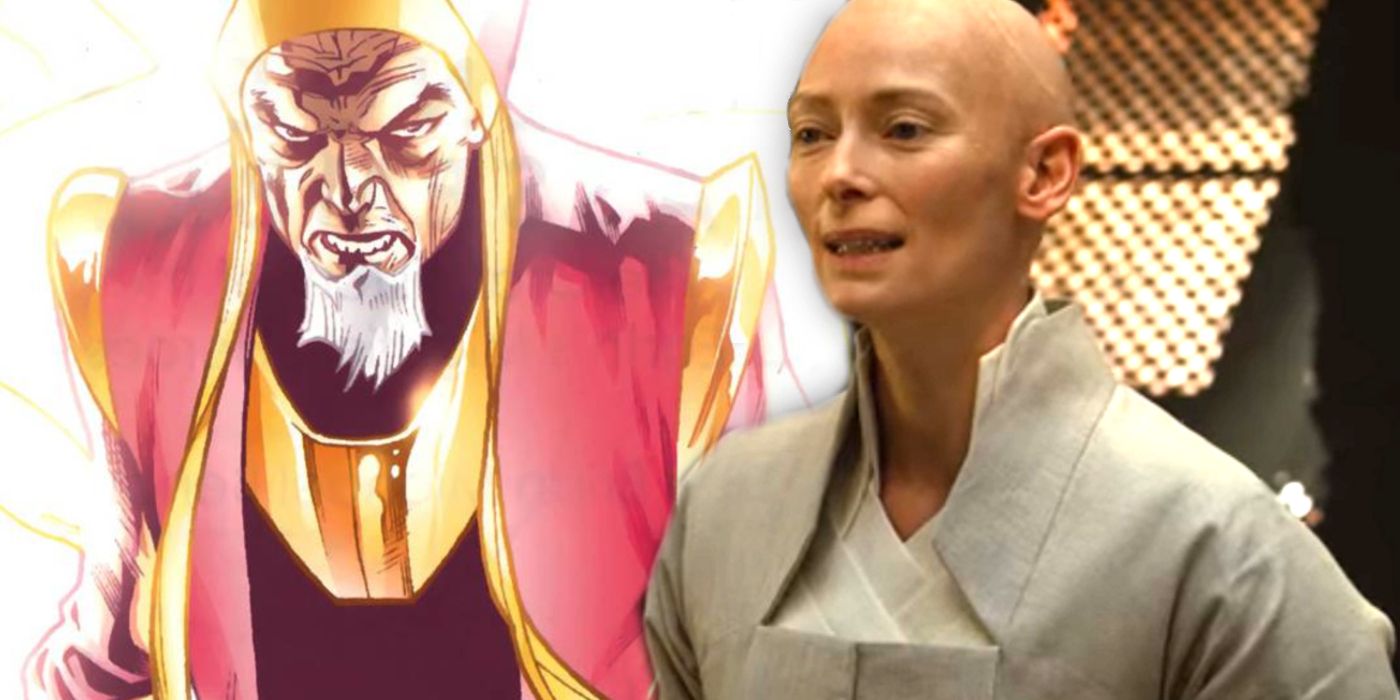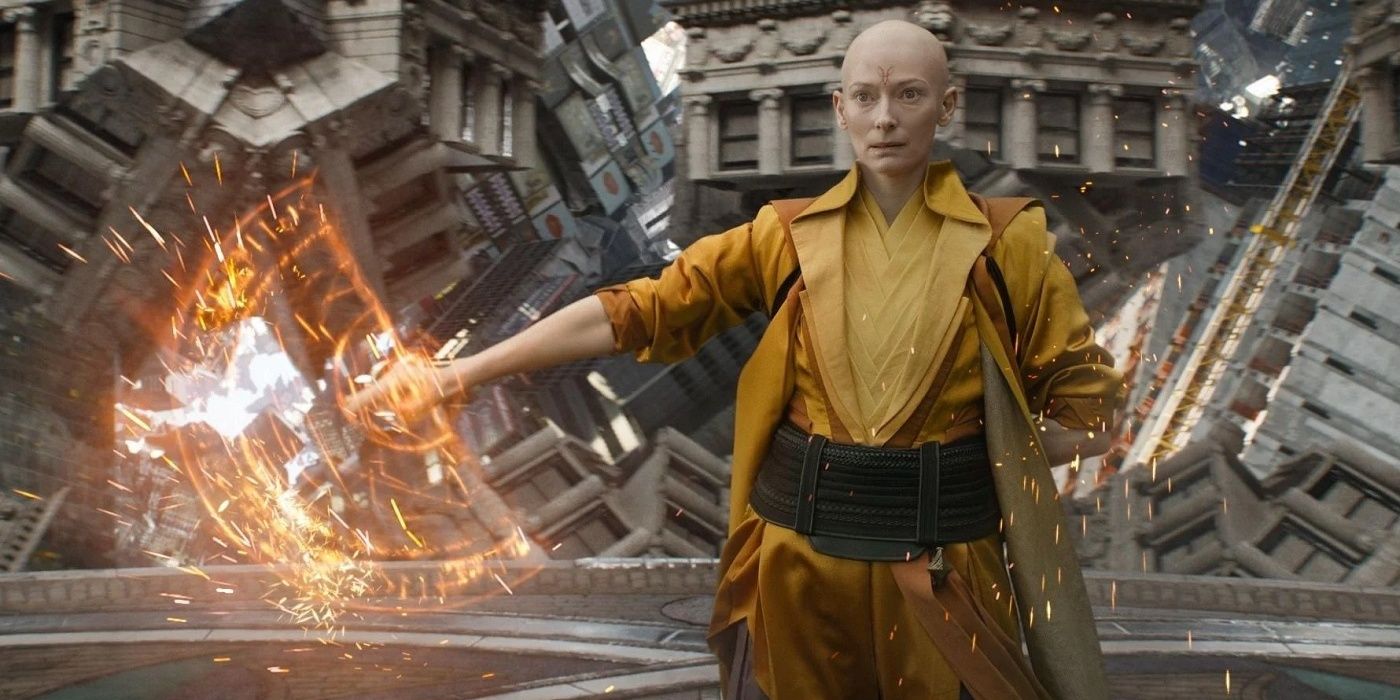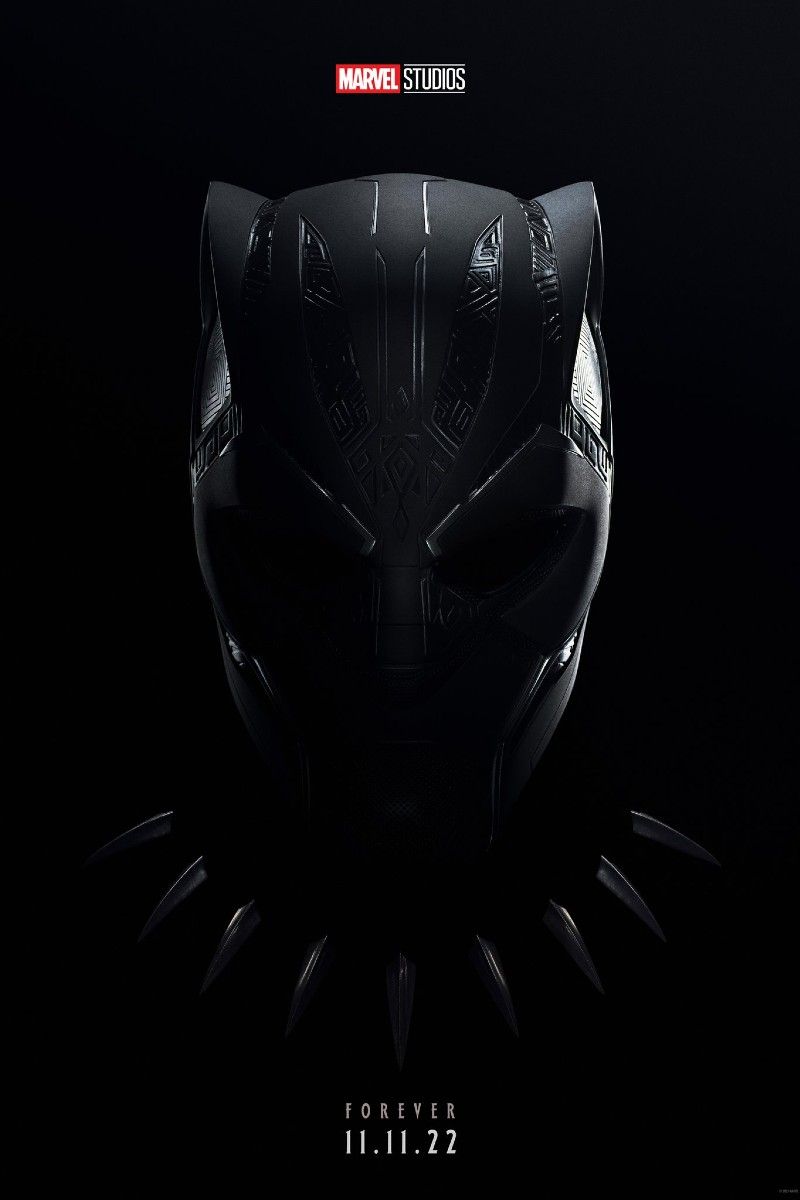When actress Tilda Swinton was cast as The Ancient One in Doctor Strange, the changes made to the character's gender and race caused a whitewashing controversy. The Ancient One was the long-lived leader of the Masters of the Mystic Arts, and protected Earth from dark, dimension-hopping forces. She served as Stephen Strange's (Benedict Cumberbatch) mentor in the art of sorcery after an injury ended his medical career. Although The Ancient One's role as Doctor Strange's teacher and predecessor mirrors their Marvel Comics origins, the sorcerer's gender and ethnic background were changed for the Marvel Cinematic Universe. In the comics, The Ancient One is a Tibetan man, hailing from the land of Kamar-Taj. Swinton's portrayal of the character is an androgynous Celtic woman, although more specific details of her origins remain a mystery.
When it was revealed that the British actress would play The Ancient One in the MCU, the character's racial change, in particular, proved controversial. Marvel was accused of whitewashing, which is the unfortunately common problem of filmmakers casting white actors in non-white roles. It has its roots in the Minstrel shows of the 19th and 20th century, but has persisted throughout the history of cinema. In the past, it has manifested in outright blackface and yellowface, such as Mickey Rooney's portrayal of a Japanese landlord in 1961's Breakfast at Tiffany's, but more recent controversies include Emma Stone's casting as a mixed Asian and Native Hawaiian woman in Aloha (2015).
When director Scott Derrickson set out to adapt Doctor Strange for the big screen, he knew he wanted to make The Ancient One a woman to place a female character in the powerful position of Sorcerer Supreme. However, he thought that if he chose an Asian actress to play this role, The Ancient one would come too close to embodying the Dragon Lady stereotype. The Dragon Lady trope describes an East Asian female character who is mysterious, strong-willed, and duplicitous. Derrickson ended up crafting the role specifically with Tilda Swinton in mind, as the actress' androgyny and ethereal presence would add to The Ancient One's enigmatic nature.
Filmmakers also wanted to avoid the Asian stereotypes that shaped the comics character in the first place. Conceptualized during the 1960s, a time where Asian countries were still treated as mystical "Oriental" lands, The Ancient One's early appearances were undoubtedly caricatured and influenced by harmful tropes. Derrickson felt changing the character's race would be the best way to circumvent these racist clichés. Screenwriter C. Robert Cargill gave a more blunt reason, saying the character's race was changed to avoid alienating the Chinese government by acknowledging Tibet's statehood, but he later retracted these statements.
What followed was an internet uproar from those who felt there were better ways to distance The Ancient One from racist stereotypes, stating that an Asian actress could reclaim the character in an empowering manner. Doctor Strange would not be the end of whitewashing accusations against Marvel, as the Netflix series Iron Fist courted similar criticisms. Marvel has a chance to redeem its reputation with Asian communities with Shang-Chi and the Legend of the Ten Rings, which features Asian creatives both on and off-screen. Putting Asian stories in Asian hands will surely lead to less awkward tiptoeing around issues of race, which caused the controversy around Doctor Strange in the first place.








